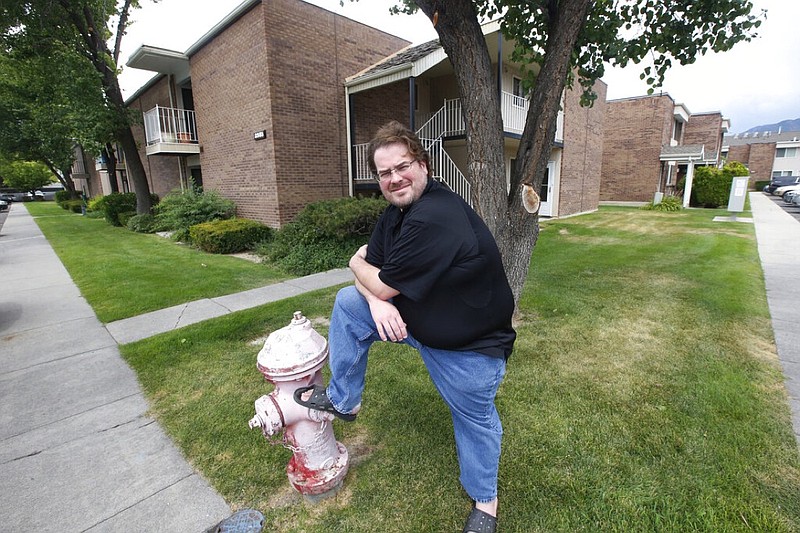The $600 a week Amy Bettini received in federal unemployment benefits ended Saturday, taking many of her choices with it.
"I'll go through my savings first, and then my mother has offered to help me if I need it," said Bettini, 57, who worked as an assistant manager in retail until she was furloughed in mid-March as the pandemic took hold. "I'm hoping before I run out of savings, if I can't go back to my old job, maybe I can find a new job."
But returning to work in retail means she will risk exposure to coronavirus and can no longer care for her terminally ill ex-husband, who doesn't have anyone to help him other than Bettini and their grown children, Bettini said.
"For him, it's a terrible situation," she said. "It's just exhausting."
Bettini, who lives in North Chattanooga with two of her three adult children, is one of more than 285,000 Tennesseans who were receiving Federal Pandemic Unemployment Compensation of $600 a week, in addition to unemployment payments from the state. Tennessee unemployment payments top out at $275 a week, which is the fourth-lowest maximum unemployment compensation in the nation.
In many cases, the federal unemployment program meant people thrown out of work in the economic shock delivered by the pandemic were making more than they made on the job. Some lawmakers have pointed to the program as a disincentive to work and, though they're negotiating extended federal unemployment benefits, there is apparently no appetite to resume the $600 weekly payments.
Meanwhile, unemployment in metropolitan Chattanooga in June averaged 8.2%, down by more than a third from the peak 13.3% jobless rate recorded in April but still more than double Chattanooga's 3.7% jobless rate a year earlier in June 2019.
Donna Williams, administrator of the city's Department of Economic & Community Development, said requests for help with rent and utility payments have increased as the economic and health crises have extended over several months. She anticipates the end of the $600 a week payments will create new hardships.
"That $600 is meaningful - it's a big deal, and I can't imagine what people are going to do with the standard ($275) maximum from the state," she said. "The requests in the last few days, many of them reference the fact that the enhanced unemployment is ending."
The city has paid about $120,000 in rent and utilities for more than 1,500 families since it allocated the funds in March for financial support during the pandemic, she said.
Lowest unemployment payments
1. Mississippi - $235 a week2. Arizona - $2403. Louisiana - $2474. Tennessee - $2754. Alabama - $2754. Florida - $275Source: www.ziprecruiter.com
For people who remain on unemployment, the requirement that they demonstrate that they've been looking for work has been waived during the pandemic. That requirement will be suspended indefinitely, despite some problems over the weekend with the online system that people navigate to be recertified for unemployment, said Chris Cannon, spokesman for the Tennessee Department of Labor.
"An error occurred within the unemployment computer system Sunday morning that inadvertently required claimants trying to complete their weekly certification to perform work searches," Cannon said. "As soon as the department became aware of the issue, we contacted the vendor and they immediately began addressing the problem. Within a few hours, the vendor corrected the issue and claimants were able to complete their certifications."
While Bettini sorts out her next move, she's watching lawmakers who are pulling together an additional pandemic aid response package. The implication that the financial help that has gotten her through the last few months discouraged her from working doesn't sit well with her, she said.
"This was not disincentivizing for me to go back to work at all," she said. "I don't think it's disincentivizing to anyone."
Most people she knows had to return to work and expose themselves to risk because they could not decline to return to work without losing their unemployment benefits.
"They went back to reduced hours and reduced pay, they couldn't make the choice not to," she said. "I'm one of the lucky ones, which is a joke. There's so many people that have no voice."
Contact Mary Fortune at mfortune@timesfreepress.com or 423-757-6653. Follow her on Twitter @maryfortune.
